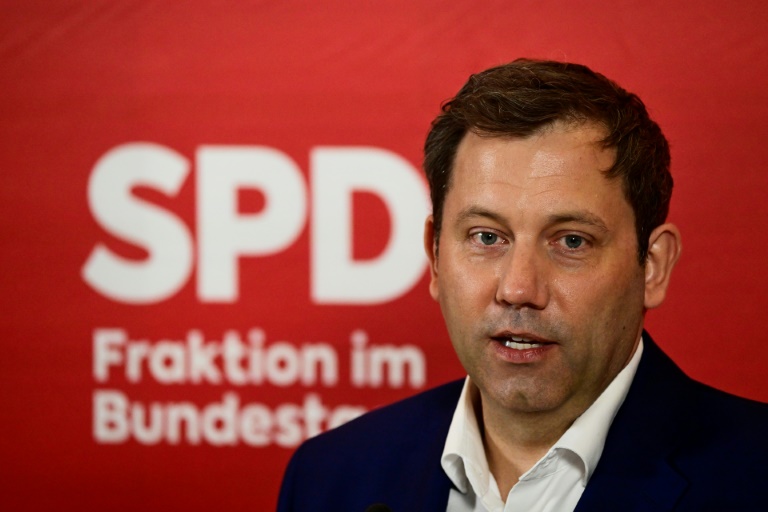Breaking: Lars Klingbeil Emerges as Germany's Financial Architect, Ready to Bridge Political Divides

Lars Klingbeil emerges as a dynamic political strategist, defying traditional expectations with his unique background and approach. Despite not having a finance-specific academic foundation, the incoming German finance minister brings a multidisciplinary perspective, having studied political science, sociology, and history.
Known as a political "bridge-builder," Klingbeil's gentle and approachable demeanor masks a keen set of political instincts. He is set to command a substantial financial arsenal, wielding a spending "bazooka" worth hundreds of billions of euros. This significant budget is earmarked for critical national investments, focusing on rebuilding Germany's military infrastructure and strengthening the country's strategic capabilities.
The spending plan, already approved by the outgoing parliament, represents a pivotal moment in Germany's strategic planning. Klingbeil's role will be crucial in executing these ambitious financial strategies, leveraging his political acumen and collaborative leadership style to drive meaningful national transformation.
